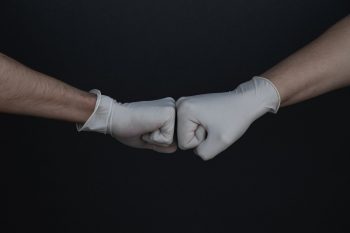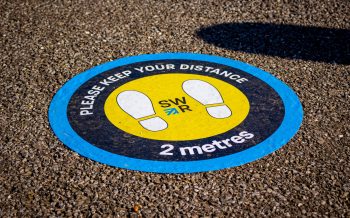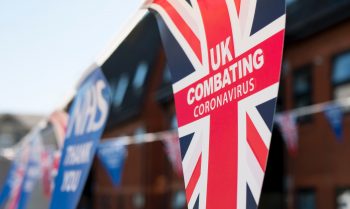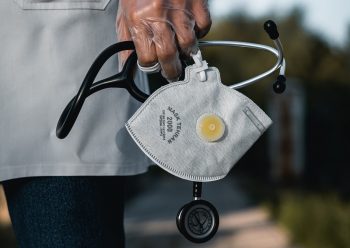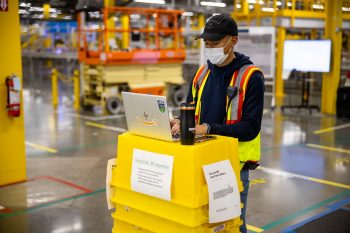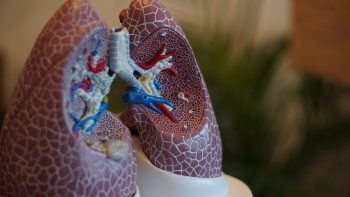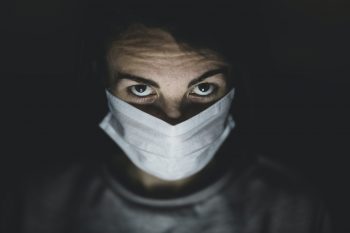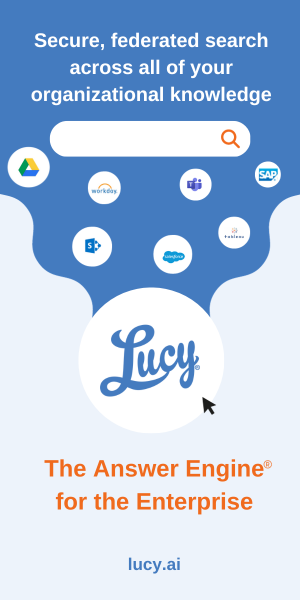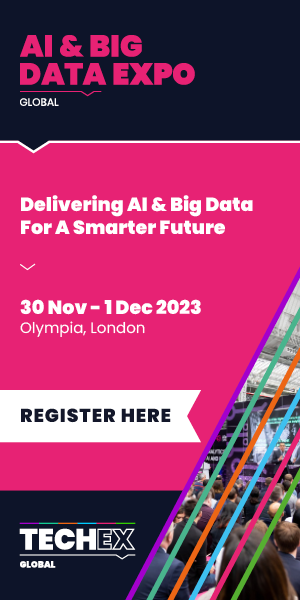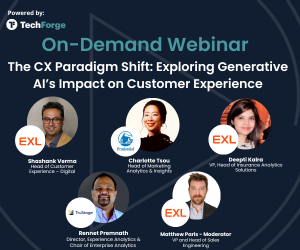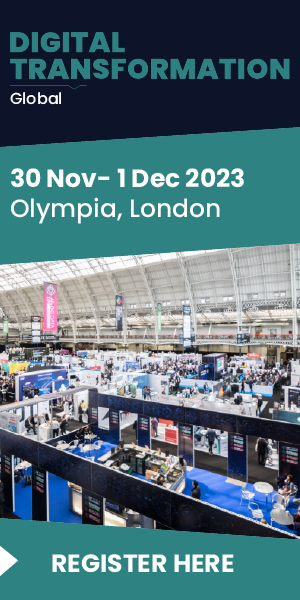How AI has helped in the transportation of vaccine delivery for COVID-19
While driverless trucks may once have seemed like a vision from far off in the future, rapid developments in artificial intelligence and machine learning have placed us on the brink of a new automation age, starting with how we transport goods. Although the logistics sector can sometimes fall behind other early-adopting industries, a 2017 McKinsey study showed that transportation companies using a proactive AI strategy had higher profit margins compared to those that did...


